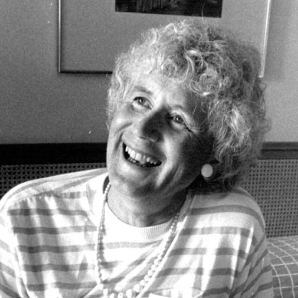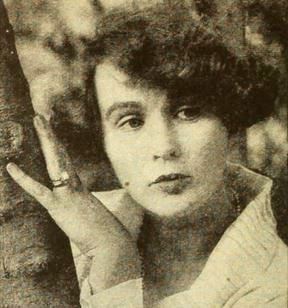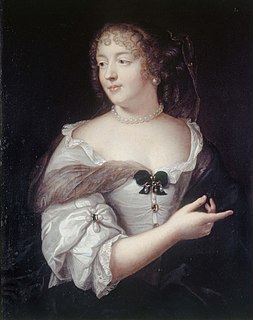A Quote by Jan Morris
It was an American who said that while a Frenchman's truth was akin to a straight line, a Welshman's truth was more in the nature of a curve, and it is a fact that Welsh affairs are entangled always in parabola, double-meaning and implication. This makes for a web-like interest.
Related Quotes
The investigation of the truth is in one way hard, in another easy. An indication of this is found in the fact that no one is able to attain the truth adequately, while, on the other hand, no one fails entirely, but everyone says something true about the nature of all things, and while individually they contribute little or nothing to the truth, by the union of all a considerable amount is amassed.
If we try hard to do what that truth requires of us, God will send more light and more truth. It will go on, line after line, as long as we choose to obey the truth. That is why the Savior said that the man who obeyed His commandments built on a rock so solid that no storm of flood could hurt his house.
The truth... When they have a similar structure to and are organized in as truthful a way as nature. When I look out of the window, then truth for me is the way nature shows itself in its various tones, colours and proportions. That's a truth and has its own correctness. This little slice of nature, and in fact any given piece of nature, represents to me an ongoing challenge, and is a model for my paintings.
A Christian boy or girl can learn mathematics, for example, from a teacher who is not a Christian; and truth is truth however learned. But while truth is truth however learned, the bearing of truth, the meaning of truth, the purpose of truth, even in the sphere of mathematics, seem entirely different to the Christian from that which they seem to the non-Christian; and that is why a truly Christian education is possible only when Christian conviction underlies not a part but all, of the curriculum of the school.
an Autobiography is the truest of all books; for while it inevitably consists mainly of extinctions of the truth, shirkings of the truth, partial revealments of the truth, with hardly an instance of plain straight truth, the remorseless truth is there, between the lines, where the author-cat is raking dust upon it which hides from the disinterested spectator neither it nor its smell... the result being that the reader knows the author in spite of his wily diligences.
Remember William Blake who said: "Improvement makes straight, straight roads, but the crooked roads without improvement are roads of genius." The truth is, life itself, is always startling, strange, unexpected. But when the truth is told about it everybody knows at once that it is life itself and not made up. But in ordinary fiction, movies, etc, everything is smoothed out to seem plausible--villains made bad, heroes splendid, heroines glamorous, and so on, so that no one believes a word





































